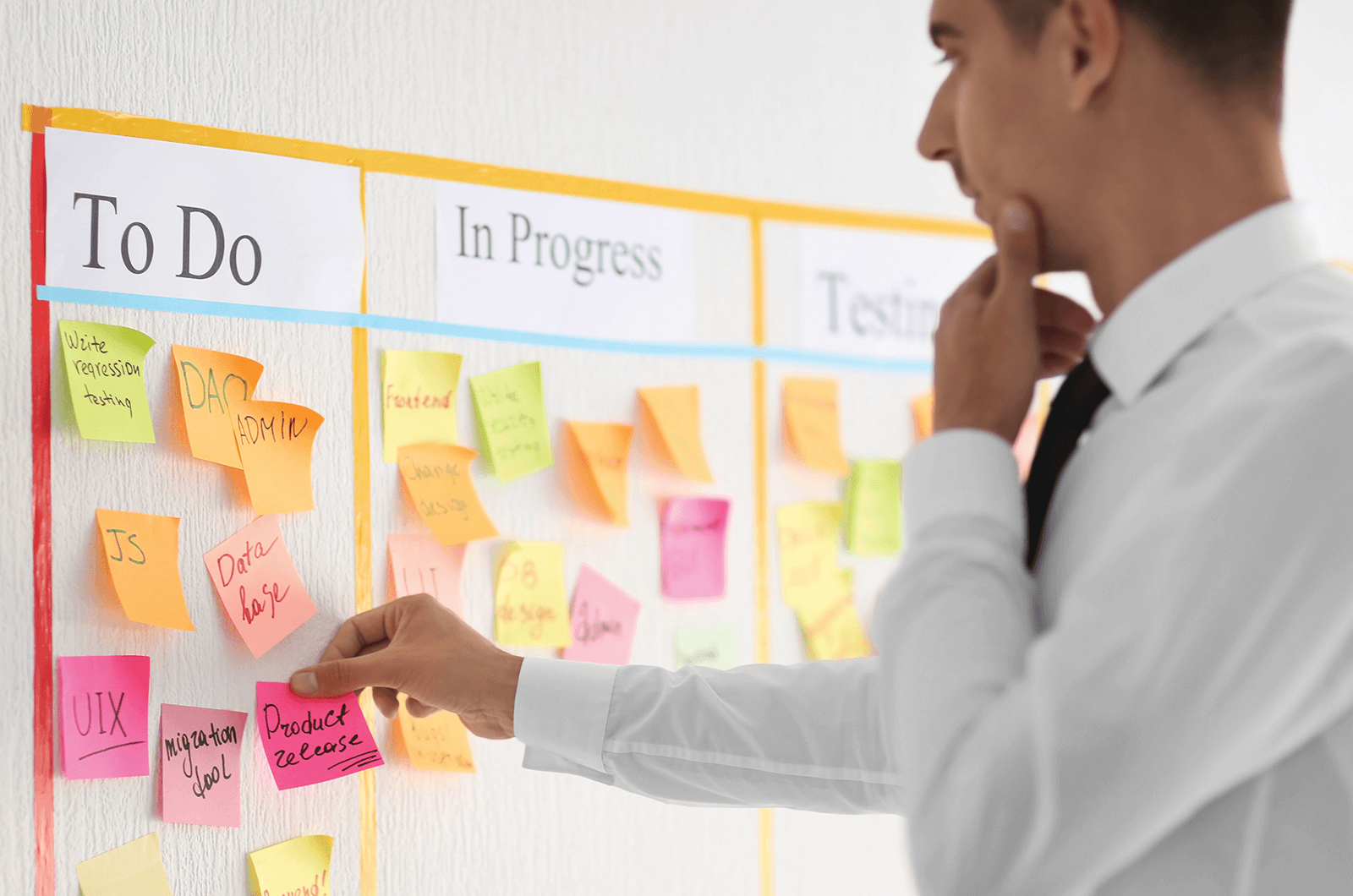By Lam Chung | Staff Writer

January is the month of self-care and resolutions, but these goals extend farther than just the first month of the year. After taking off one’s face-mask, it’s time to face one of the most crucial aspects of self-care: mental health. Through organizing, one can clear their headspace and help efficiently achieve their goals, ultimately leading to less stress.
With the digitalization of planners, virtual organizational tools such as Notion and Google Calendar come at a convenience to those who like all of their work in one place.
Notion is a free application allowing users to organize, from note-taking to project management, through the use of widgets and databases. Its most appealing feature is customization through colors, themes, templates, and layouts, where users can create a space where they feel comfortable and in control of their productivity.
Although Google Calendar is not as visually alluring, it offers a straightforward method of time management, which some users may prefer. One can schedule-in an event or task on a given day and time, and can see all of their tasks spread out on a calendar layout.
For those who prefer old-fashioned techniques, journaling would be the best way to plan and organize. Physically writing has been found to cognitively increase one’s recollection of what they wrote according a 2009 color study from the University of British Columbia. Journaling is arguably the most customizable planner method, allowing one to choose from a myriad of notebooks, pens, highlighters, and other stationery items.
After finding a space to write down tasks and events, it is time to actually put these time management skills into action. One of the most effective ways to finish a task is through the highly acclaimed Pomodoro Technique. The Pomodoro technique was developed by Francesco Cirillo in the late 1980s, and breaks the work session into intervals, with 25 minutes of work, and 5 minutes of break in between. This acts as a reward system, gifting the user a break for every 25 minutes of productivity.
Lastly, to maintain organization and keep one’s headspace cleared, it is important to declutter regularly, keeping only what is necessary. Whether it be checking off completed tasks in your journal, or actively cleaning up your work space, decluttering is an essential part of organization, as it removes stressors in your life and gives you a fresh start.
In Marie Kondo’s book, “The Life-Changing Magic of Tidying Up: The Japanese Art of Decluttering and Organizing,” she states that one must declutter items by asking if it sparks joy, and if it does not, then it does not belong in one’s space.
From planning to time management to decluttering, the efforts made to organize allow for the longevity of motivation, decrease of stress, and for the achievement of goals and resolutions.
